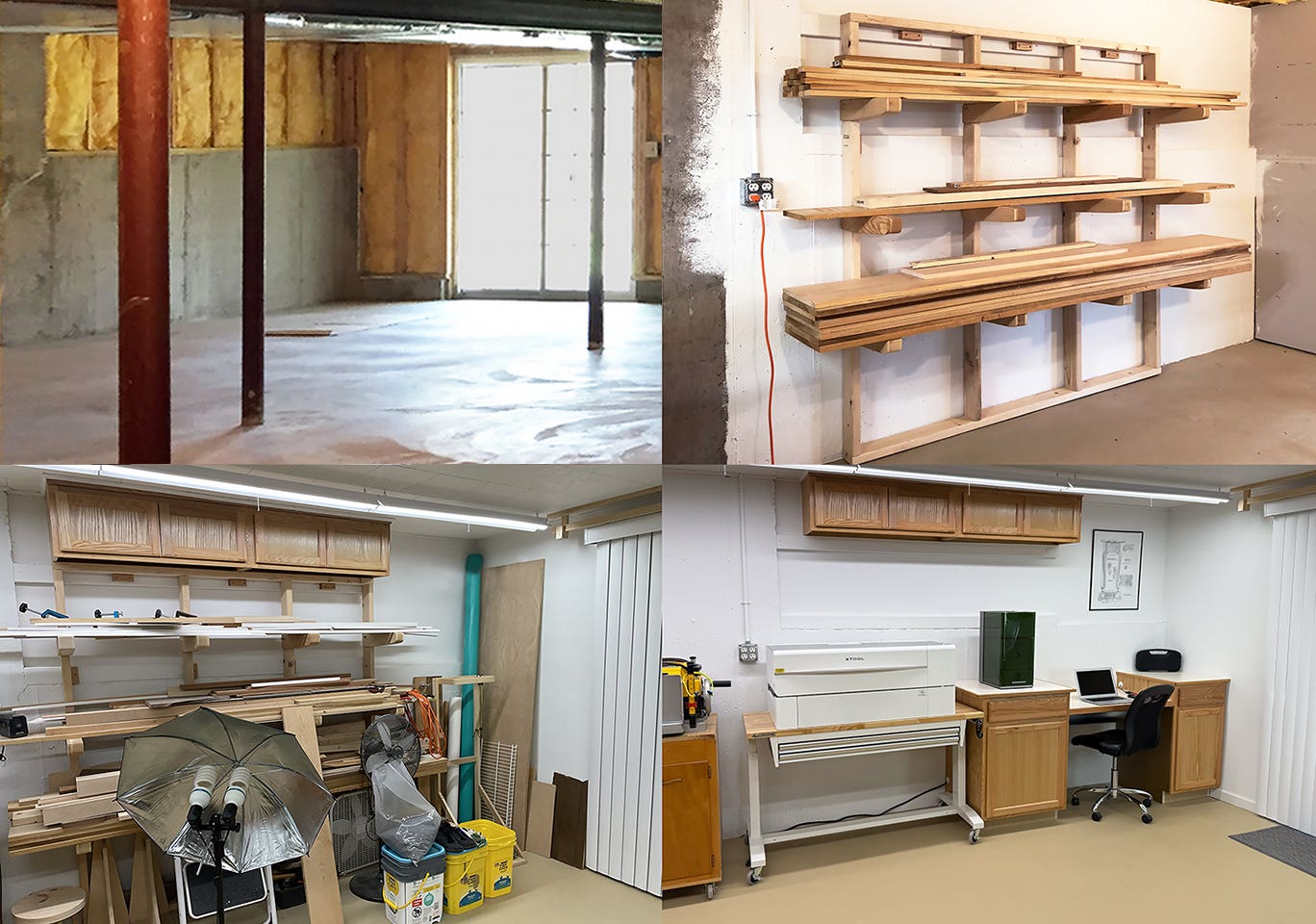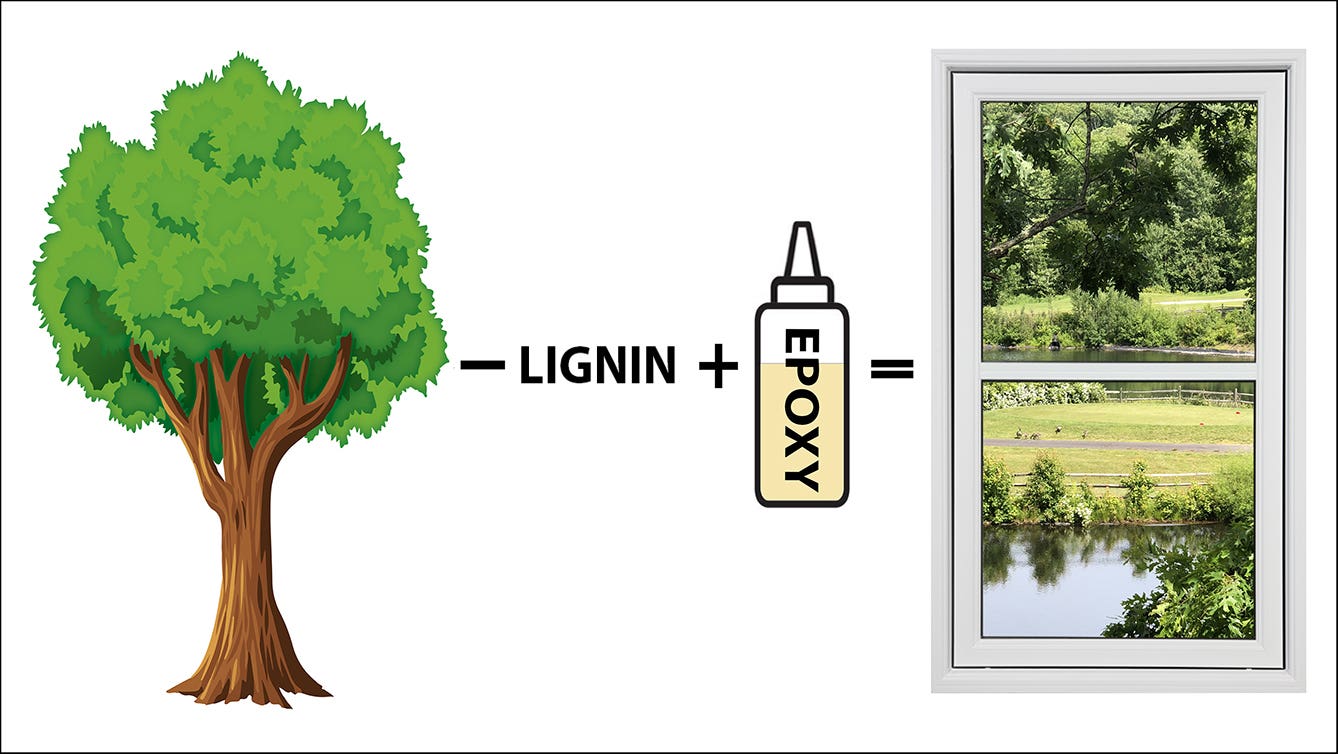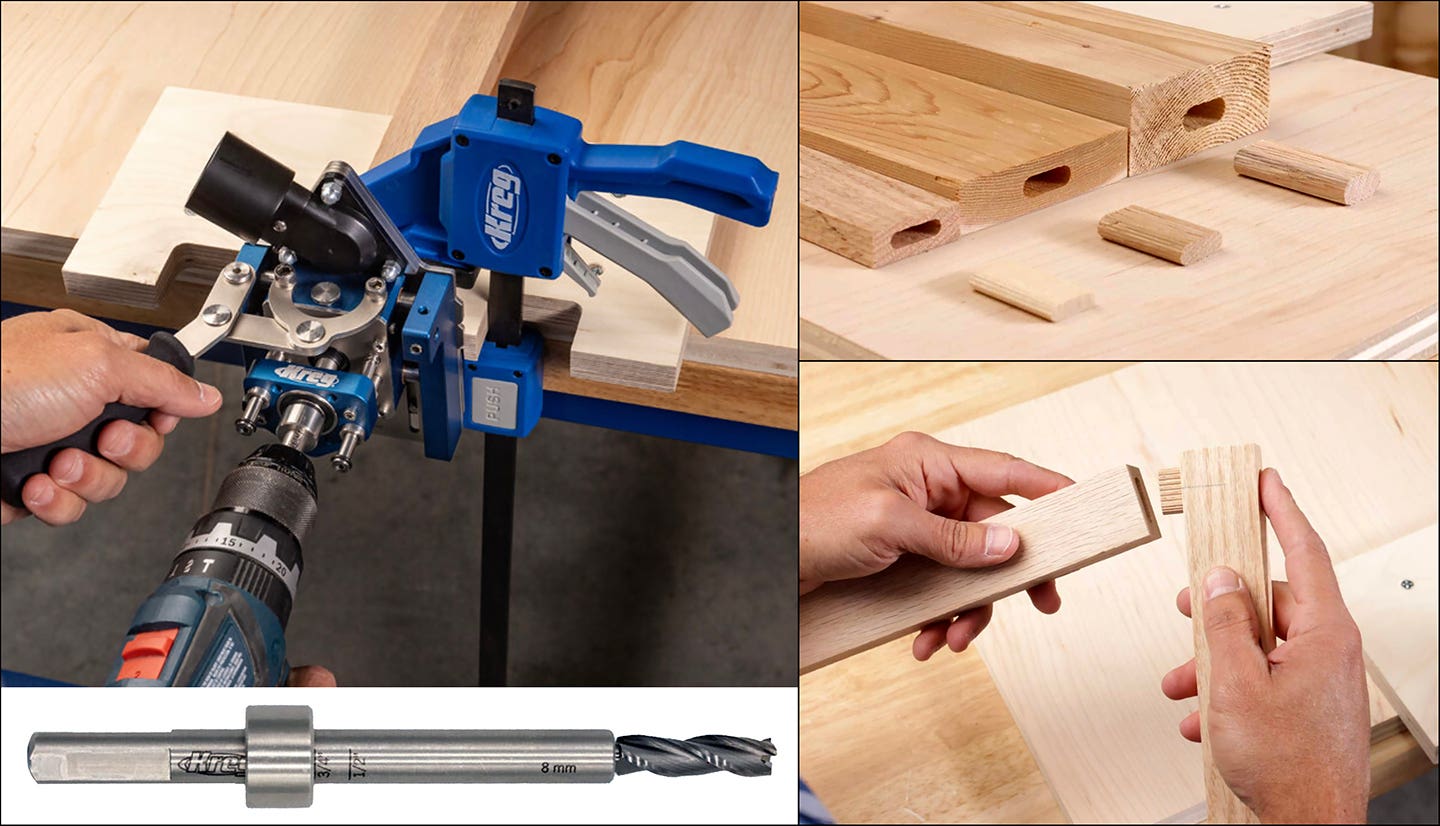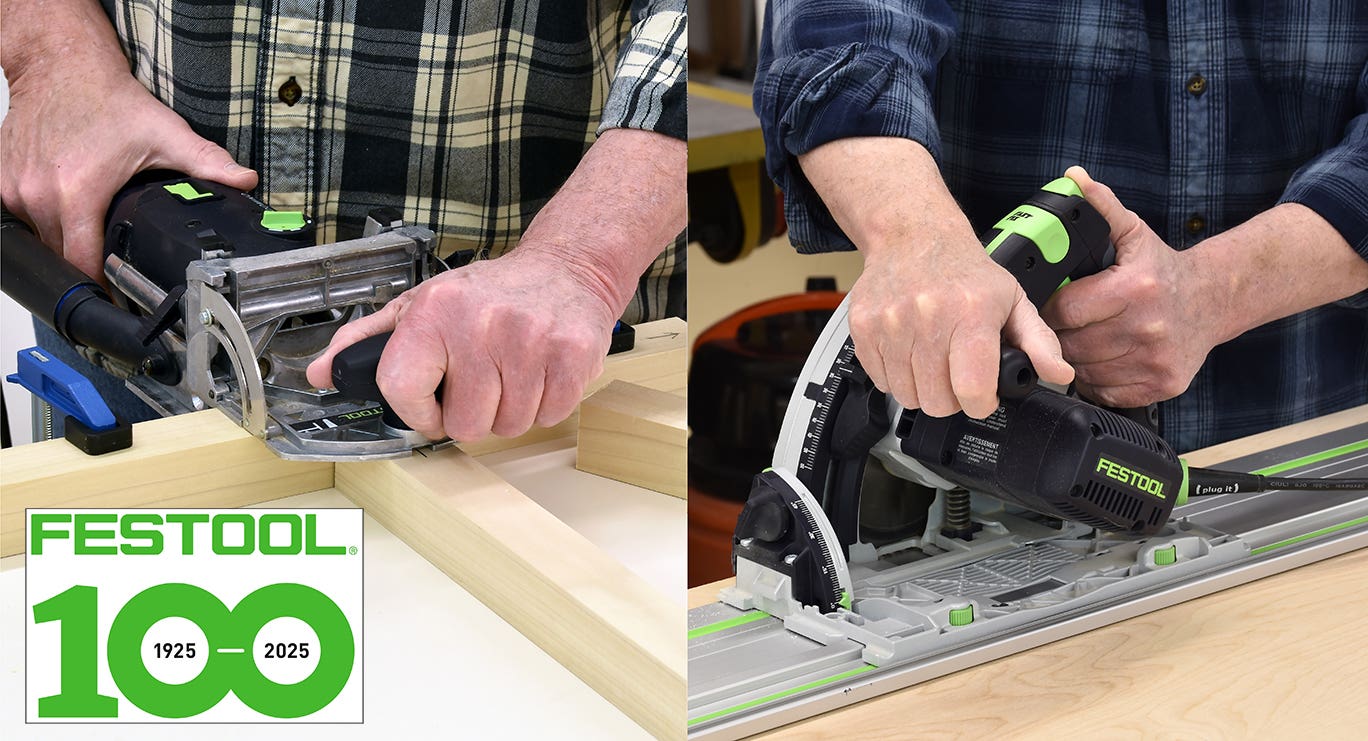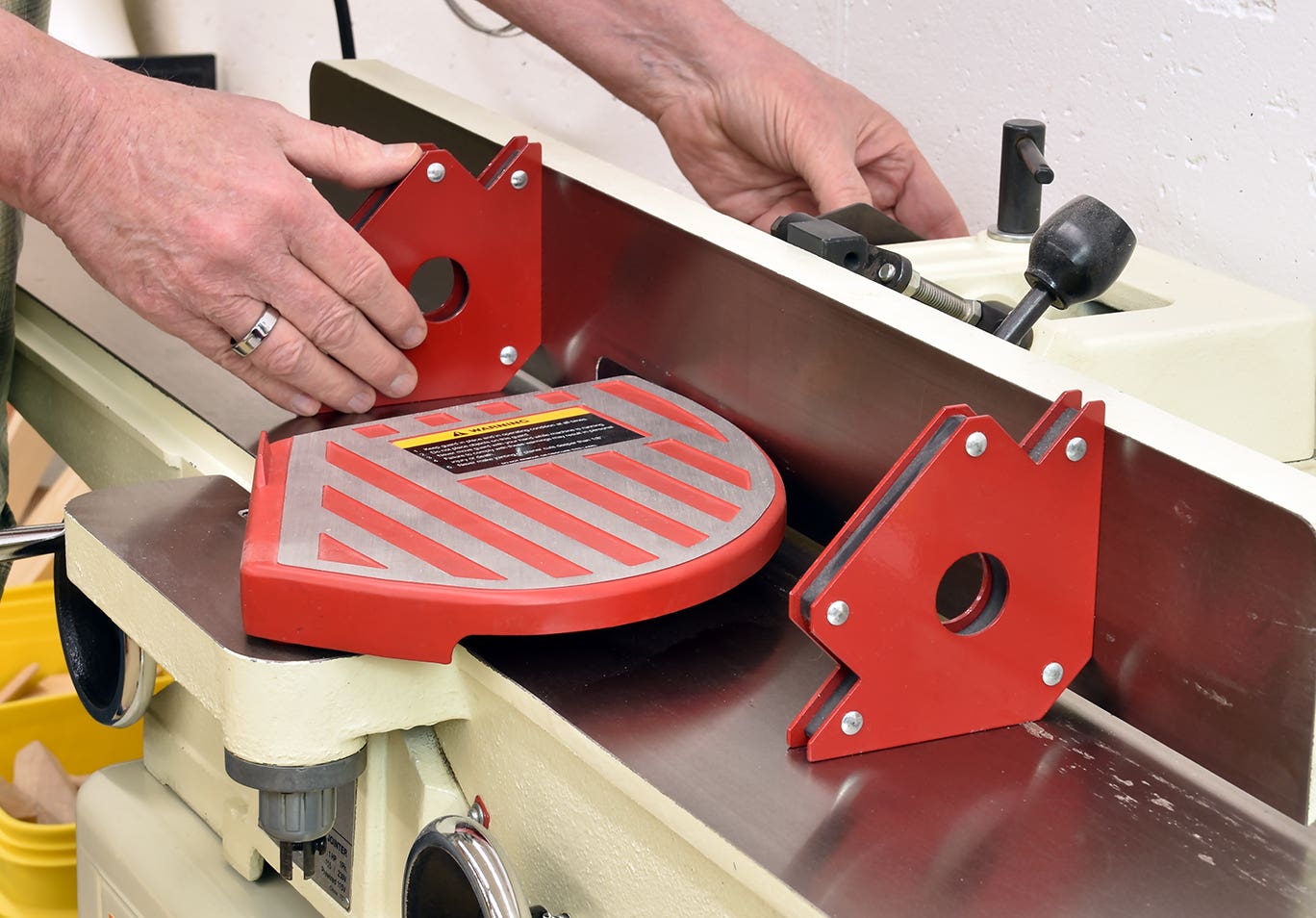Glad to have a sled
Sometimes, your favorite new tool is something you never even knew you wanted.
Sometimes, your favorite new tool is something you never even knew you wanted.
Like most of you, I’m a big believer in jigs and fixtures. I sometimes make single-use jigs for a single project and then repurpose the materials when done. Other times, I go all out and the jig or fixture itself becomes a project that I’ll use forever.
That’s the case with table saw sleds. In four decades of woodworking, I’ve made two. Both times they were one-offs made of scrap and set for a specific angle, and then never used again. Now, I realize that thousands of woodworkers sing the praises of a good sled, but I never saw the need. I have a miter for crosscutting, so with the exception of those two one-time sleds I’ve never wanted a permanent one. At least, not until I got an article assignment to build one.
I had complete freedom to size and design it any way I wanted; the only requirement was to include T-tracks for accessories. The sled has one T-track on the rear fence for a flip stop and anchor point for a blade guard, and a pair in the base for hold-downs. I used 3/4" Baltic birch plywood (yes, the same plywood I talked about last time), doubling it up for the fences.
One reason I never made one before was the issue of storage. My previous shop was very short on space, but in the five years of being in my larger workspace it never occurred to me to give a sled another chance. I’m glad this opportunity came up, because I’m loving this thing and have already used it multiple times while my miter saw gathers dust.
Storage is no problem, plus I’ve taken to just leaving it on the saw unless I need to rip something or cut materials larger than the sled’s capacity. It’s proving to be a real timesaver, and the hold-downs and flip stop make for safer and easier cutting. So, after years of being a sled denier, I’m now a believer.
A.J. Hamler is the former editor of Woodshop News and Woodcraft Magazine. He's currently a freelance woodworking writer/editor, which is another way of stating self-employed. When he's not writing or in the shop, he enjoys science fiction, gourmet cooking and Civil War reenacting, but not at the same time.


